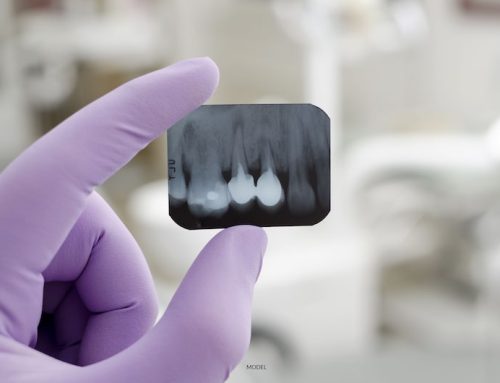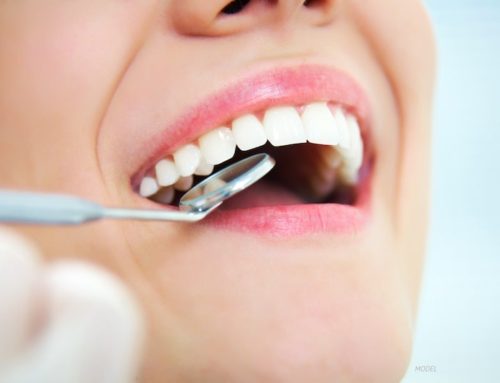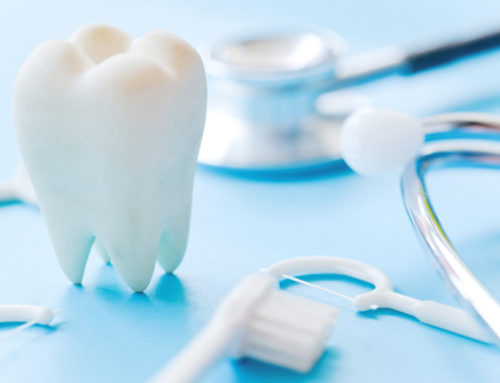3 Minute Read:
Even though your tooth enamel is the hardest substance in your body, it is still possible to experience dental pain and damage. Your teeth endure trauma every day in the form of eating, speaking, tooth grinding, and bad habits like chewing on your nails or ice. If that wasn’t bad enough, your teeth are regularly exposed to sugars and other acids that lead to bacteria build-up and plaque.
Because of this, it is more than likely that you’ve experienced at least one toothache in your life. These toothaches can be uncomfortable, if not debilitating, and, unfortunately, they don’t fix themselves.
What Are The Common Causes of Toothaches?
One of the best ways to prevent dental damage from worsening is to understand the causes of toothaches.
Tooth Decay
Tooth decay, or dental caries (cavities), is the erosion of the tooth surface or enamel. This decay is often caused by excess bacteria in the mouth that is not removed with good oral hygiene. Plaque is the layer of bacteria that forms and bonds to tooth enamel. This sticky film thrives on the starches and sugars in food, which creates an acid that eats away at the tooth enamel, causing small holes (cavities).
When cavities are discovered early enough, they can be fixed with simple fillings.
Abscesses
When cavities are not addressed, they can develop an infection that can spread to the tooth root. This infection can be very painful and dangerous. An abscess must be treated by a dentist.
This treatment may be performed in a number of ways, depending on the damage. Sometimes the pus from the infection needs to be drained from the tooth, and the tooth will usually require a root canal or extraction.
Tooth Fracture
Fractures (cracked teeth) often occur due to tooth trauma, such as biting down too hard on an object, tooth grinding, or experiencing a facial injury. Teeth can also fracture if there are underlying concerns like cavities or gum disease.
Many fractured teeth can be fixed with a crown or a filling, but depending on the extent of the fracture, your dentist may need to perform a root canal or extract the damaged tooth.
Gum Disease
Gum disease is inflammation of the gums that occurs when the unremoved bacteria form deep pockets around the teeth. This can cause the gums to become red or swollen. When gum disease is not treated, it can result in tooth loss.
There are several non-surgical and surgical therapies that can assist those experiencing gum disease.
Bruxism
Bruxism (teeth grinding) usually occurs during sleep. Therefore, it often goes unnoticed until a problem arises. Teeth grinding results in toothaches, jaw pain, and dental damage, such as chipping or fracture. You can protect your teeth from bruxism by wearing a dental nightguard.
What Should I Do If I Experience a Toothache?
A toothache should never be ignored. Please call our office if you are experiencing a toothache. When it comes to dental pain, the earlier you address the problem, the easier the treatment will usually be. That is why patients should see their dentist at least twice a year for screenings and cleanings.
Interested in Learning More?
Here at Gum Dental, we provide dentistry solutions with innovative technology and a gentle touch. Contact us today at (610) 746-0488 or fill out our online contact form to schedule your appointment today. We look forward to hearing from you!








